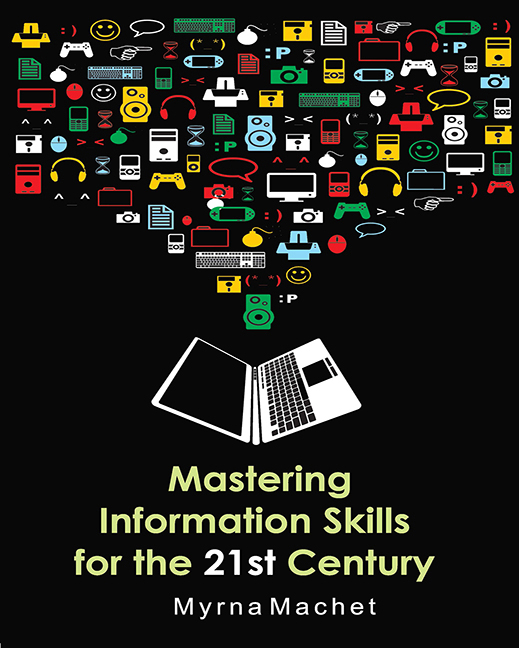9 - Finding Relevant Information
Published online by Cambridge University Press: 28 February 2020
Summary
Introduction
In the previous chapter we discussed analysing and interpreting the assignment topic and compiling a work plan. In this chapter we will learn how to search for and find relevant information so we can write an appropriate and relevant assignment answer. We are going to look at what information we need to retrieve; where we will find this information; how we will retrieve the information; and how we know which retrieved information is best for our task.
The keywords, headings and subheadings on the work plan are a good place to start. They indicate what information we need but now we need to consider where we will find this information.
What does retrieving information involve?
Retrieving information involves two steps:
1. Locating relevant sources
2. Selecting the information
These two steps involve several activities. To retrieve information we need to locate sources in a collection either by physically going to the library or accessing sources via the Internet and then selecting relevant information from these sources. Relevant information is information that directly applies to the assignment topic. For example, look at the following assignment question:
Define an Internet search engine and compare the Internet search engines Google and Yahoo. Indicate how you will evaluate a website.
Relevant information has a direct relationship to the keywords and headings which we have jotted down on the work plan. We identified the keywords as Internet search engine; Google; Yahoo; evaluate website. Also on our work plan we jotted down various subheadings under the main headings. (Refer back to the work plan in Chapter 8 for these headings.)
ACTIVITY 9.1
List synonyms for the following search terms:
1. Internet search engine
2. evaluate
When we start looking for information it is generally easiest to turn to our own collection of books and periodicals. However, our own collection of books and sources are generally not extensive and will therefore not give us enough relevant information for completing an assignment. An external collection, such as a library, on the other hand, contains so many different information sources that our search for information will be more complicated. Either way, the steps involved in searching for information are the same, whether they relate to an internal or an external collection. The steps are just simpler when the collection is small and when we are familiar with using it.
Information
- Type
- Chapter
- Information
- Mastering Information Skills for the 21st Century , pp. 136 - 155Publisher: University of South AfricaPrint publication year: 2012
